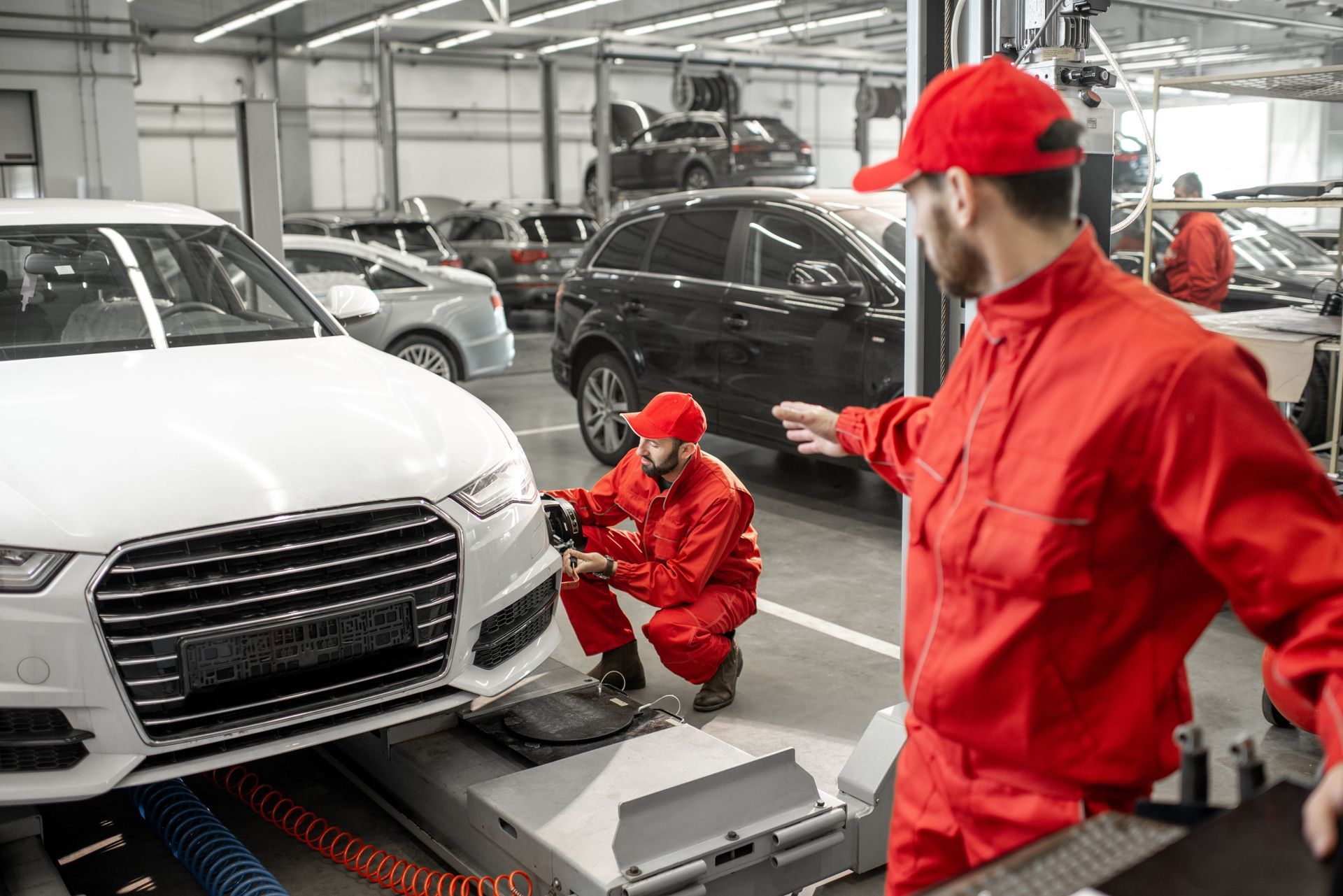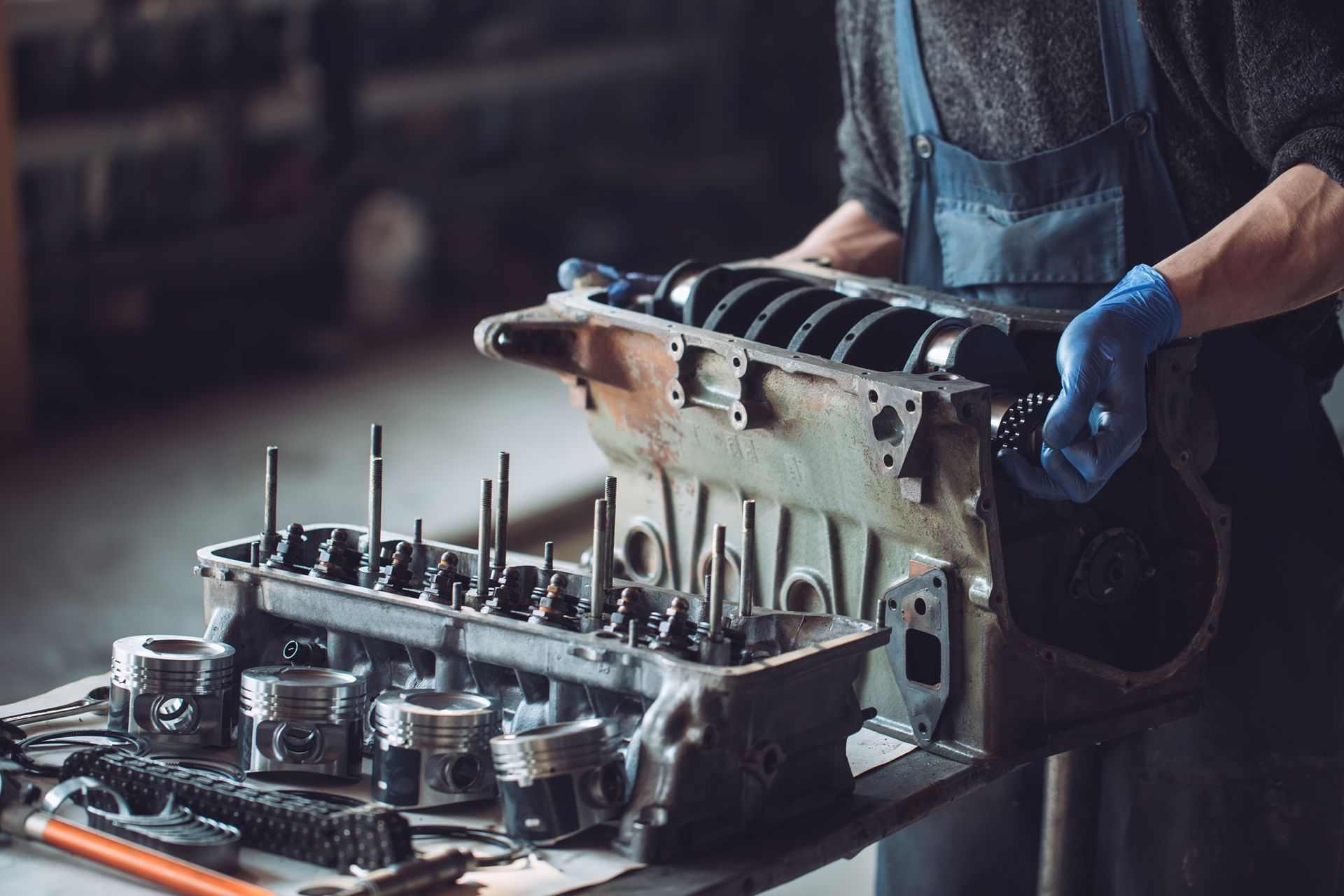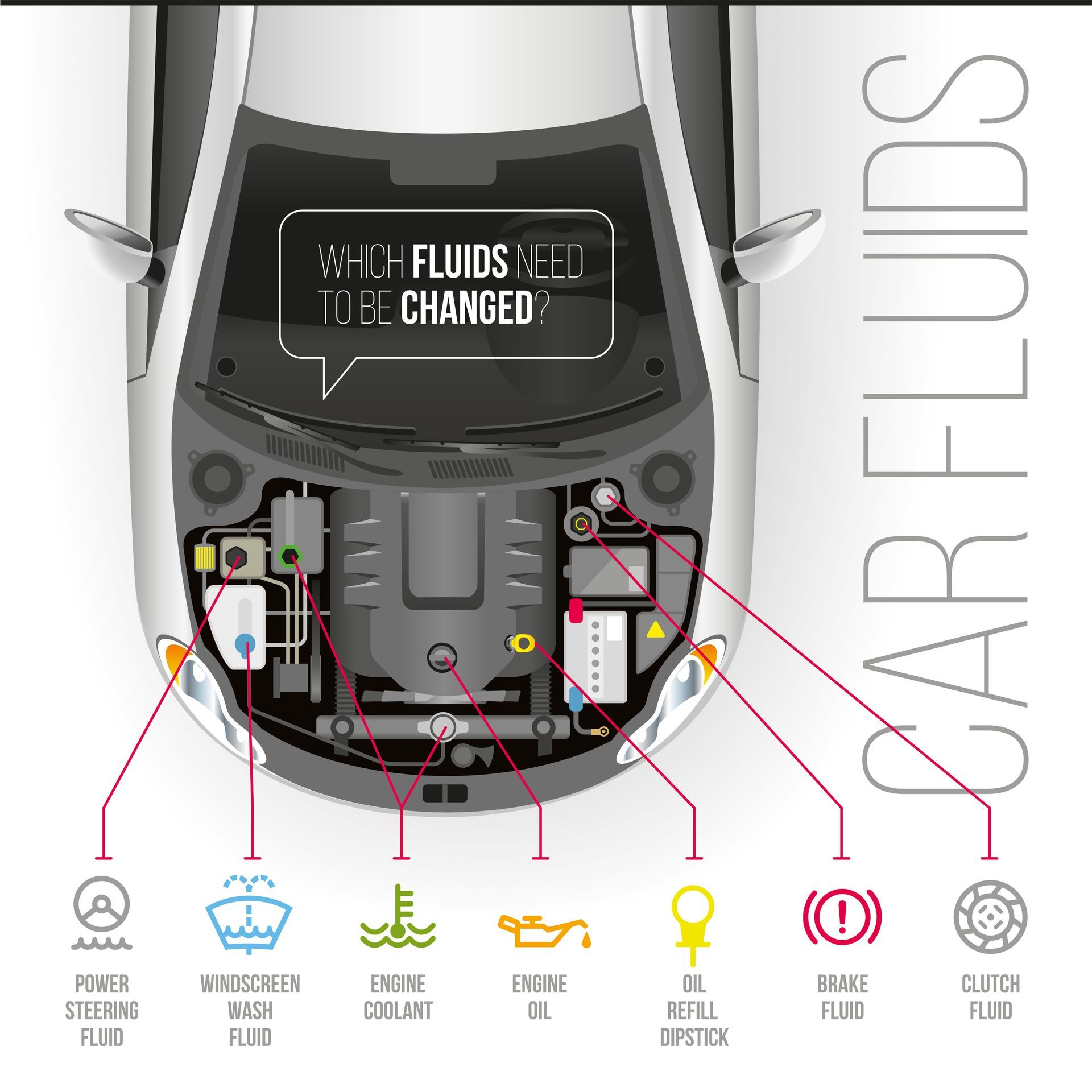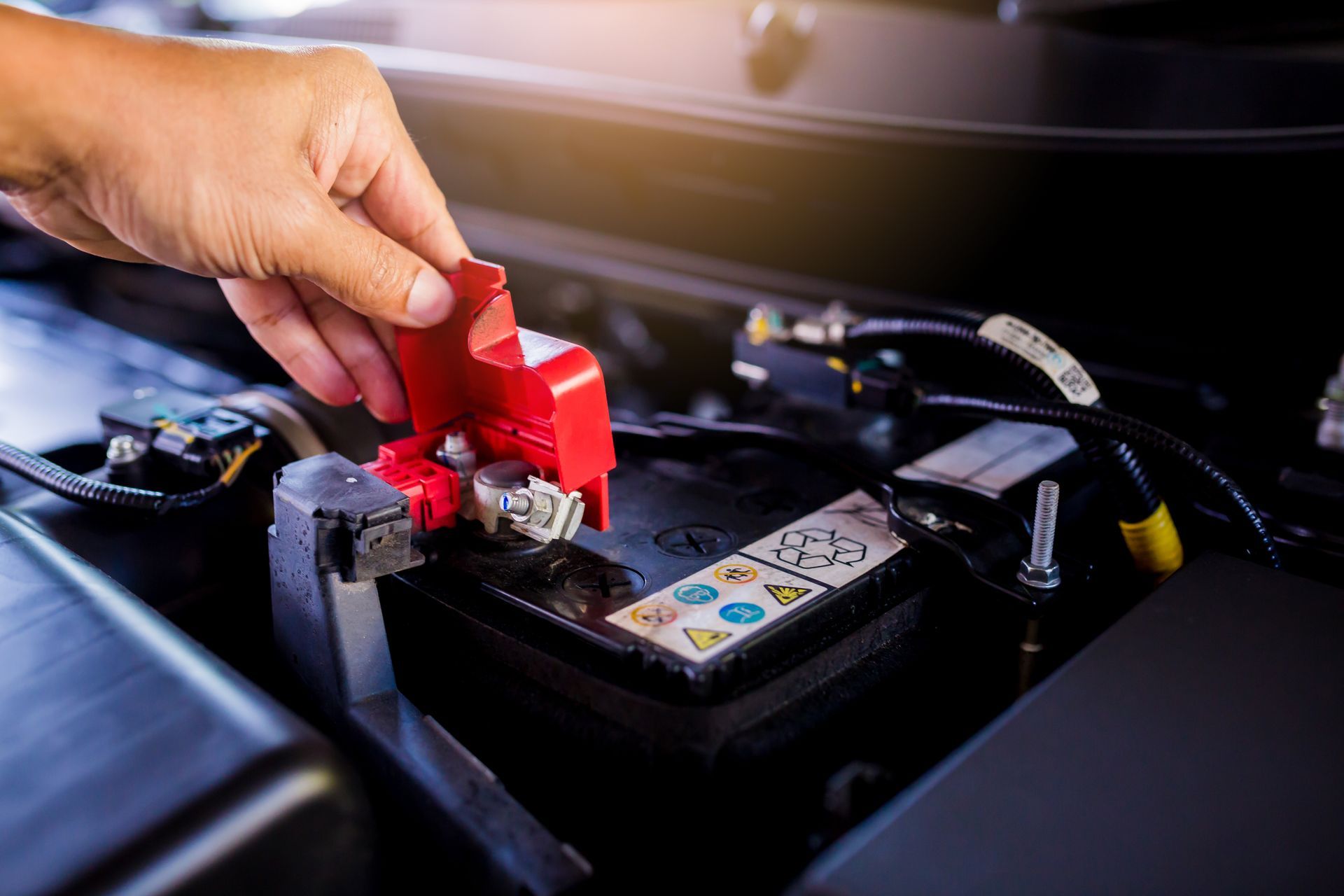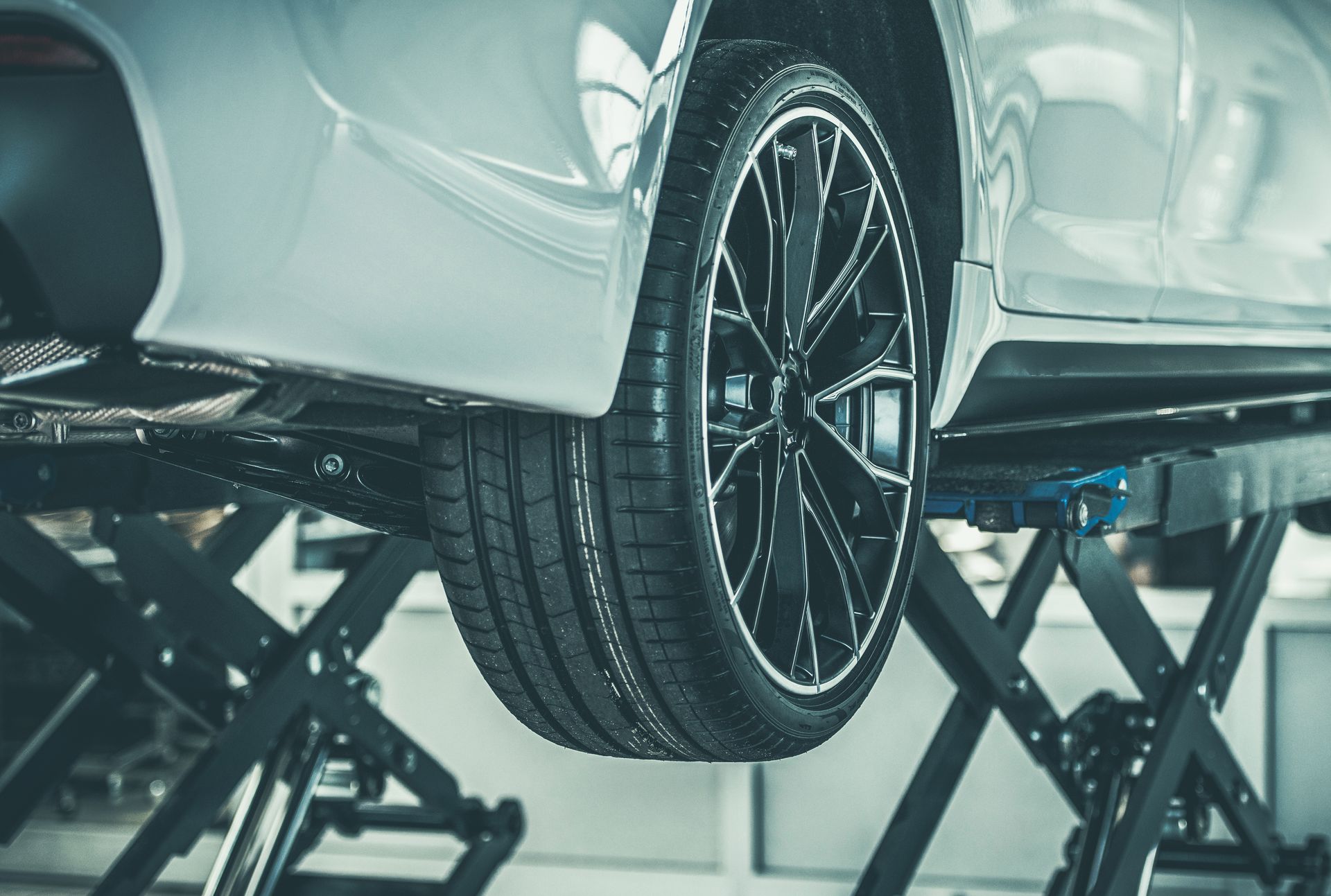Loading ...
Missing business hours data / Error occurred while getting the data.
Loading ...
Missing business hours data / Error occurred while getting the data.
How to Improve Your Car’s Fuel Efficiency?
February 28, 2025
Gas prices fluctuate, but one thing remains the same—no one enjoys spending more at the pump than necessary. Fuel efficiency isn’t just about saving money; it also affects your car’s performance and longevity. If your car’s mileage isn’t what it used to be, several factors could be to blame. From driving habits to maintenance issues, small changes can make a big difference in how much fuel your car consumes.
The Impact of Driving Habits on Fuel Efficiency
How you drive plays a major role in fuel consumption. Aggressive acceleration, sudden braking, and excessive speeding force the engine to work harder, burning more gas than necessary. Keeping a steady speed, easing into acceleration, and coasting to stops instead of slamming the brakes can improve mileage. Using cruise control on highways also helps maintain a consistent speed, reducing fuel waste.
Excessive idling is another common culprit. Leaving your car running while waiting in a parking lot or driveway burns unnecessary fuel. Turning the engine off when parked for extended periods prevents waste. Short trips that don’t allow the engine to warm up properly can reduce efficiency. Combining errands into a single trip helps the engine reach optimal performance and avoids repeated cold starts.
Why Tire Pressure and Alignment Are Important
Many drivers don’t realize that underinflated tires create more rolling resistance, forcing the engine to work harder to move the vehicle. Checking tire pressure regularly and keeping it at the manufacturer’s recommended level ensures better fuel efficiency. Over time, misaligned wheels also contribute to increased fuel consumption by causing uneven tire wear and reducing the car’s ability to roll freely. A quick alignment check can prevent unnecessary fuel loss.
Carrying excess weight is another factor that affects fuel efficiency. Keeping unnecessary items in the trunk adds to the car’s load, requiring more energy to move. Roof racks and cargo carriers increase aerodynamic drag, making the engine work harder at higher speeds. Removing these when not in use can lead to noticeable improvements in gas mileage.
The Role of Regular Maintenance in Fuel Economy
Routine maintenance is essential for keeping fuel efficiency at its best. Old or clogged air filters restrict airflow to the engine, making it burn more fuel. Replacing air filters at recommended intervals ensures proper combustion and better performance. Dirty fuel injectors can also impact mileage by disrupting the air-to-fuel ratio. Using fuel system cleaners or having injectors professionally cleaned helps restore efficiency.
Oil changes aren’t just for engine longevity—they also contribute to fuel economy. Using the correct type of motor oil reduces internal friction, allowing the engine to operate more efficiently. Skipping oil changes causes the engine to work harder, burning extra fuel in the process. Spark plugs also play a key role in combustion, and worn-out plugs can lead to misfires, increased fuel consumption, and reduced power.
Aerodynamics and Speed Control
High speeds increase wind resistance, making the engine work harder to maintain velocity. Driving at moderate speeds, particularly on highways, helps conserve fuel. Rolling down windows at high speeds can also create drag, which affects efficiency. Keeping windows closed and using the vehicle’s ventilation system is a better option when driving at higher speeds.
Keeping up with necessary repairs is also crucial. Issues like faulty oxygen sensors, failing catalytic converters, or malfunctioning thermostats can affect fuel economy. If the check engine light is on, getting the car inspected quickly can prevent wasted fuel and more expensive repairs down the line.
Struggling with poor fuel efficiency? Visit
All Pro Automotive in Henderson, TX, for a
full inspection and expert maintenance to improve your gas mileage. Call today to schedule your service!
Loading ...
Missing business hours data / Error occurred while getting the data.
Having Trouble Finding Us?
Loading ...
Missing nap lines data / Error occured while getting the data.

